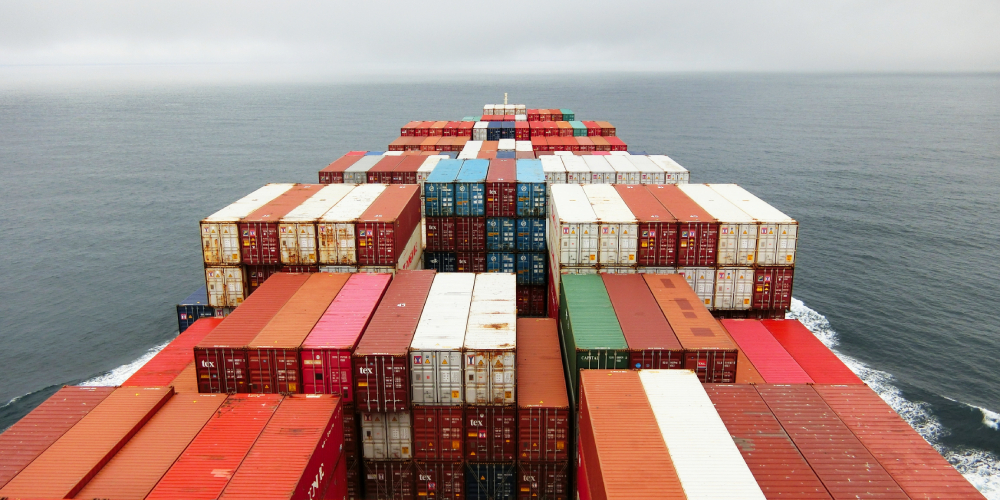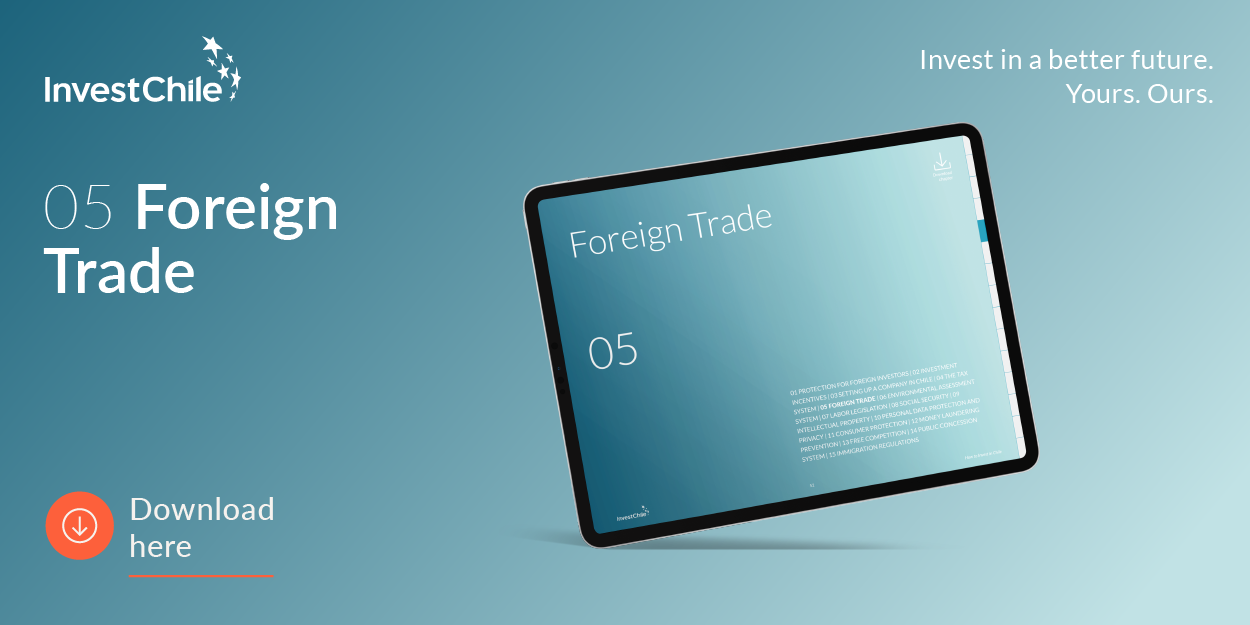Chile has signed 33 trade agreements with 65 markets, giving it access to more than 64.1% of the world’s population and to trade with countries that represent 88% of global GDP. Learn how to export and import in Chile.

In order to promote Chile’s economic and social development, in recent decades Chile’s international trade policy has focused on creating the ideal conditions to foster free trade. Thus, by reducing trade barriers of all sorts, the Chilean government has effectively promoted access to the world’s main markets.
Chile has signed 33 trade agreements with 65 markets, giving it access to more than 64.1% of the world’s population and to trade with countries that represent 88% of global GDP.
So how does Customs work in Chile?
The National Customs Service is the entity responsible for overseeing and controlling the passage of goods through the country’s coasts, borders and airports. It is also the institution responsible for intervening in international traffic for the purpose of collecting import, export and other taxes established by law, and for generating statistics of such traffic through the borders, as well as other functions entrusted by the law.
What can be imported into Chile?
Any general merchandise may be imported into Chile, except for those that are expressly prohibited by legislation, for example the following:
- Used private vehicles.
- Used motorcycles.
- Used and retreaded tires.
- Asbestos in any form.
- Pornography.
- Toxic industrial waste.
- Illicit trafficking of narcotic drugs and psychotropic substances.
- Pharmaceutical products without a health registration.
- Goods that are hazardous to animals, agriculture or human health.
To find out more details about this and foreign trade in Chile, download the chapter of our step-by-step guide for Foreign Investors.
Other chapters of the guide also contain useful information about Social Security, Labor Laws and Environmental Assessment.



%2017.11.51.png)

